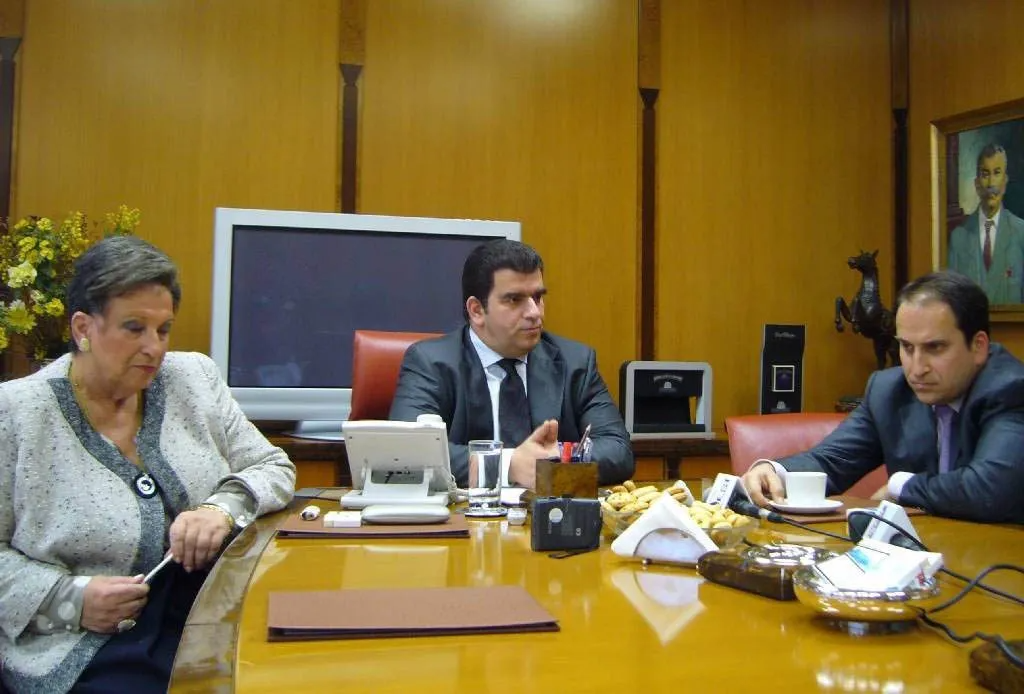
With €697 million cash in hand, which would be the envy of a bank, Karelia's management is facing a dilemma as it will have to decide whether to remain on the Athens Exchange or to activate the exit procedure. To start with, according to BnB Daily, in terms of cash, it was up €54.68m compared to 2022, representing a new all-time high.
Karelia has the largest "net cash" of any company listed on the stock market. After 48 years of uninterrupted presence on the SA—and counting 136 years of operation—the historic tobacco company had €211.78 million in deposits, another €150.81 million in time deposits over three months, while nearly €270 million represented the fair value of funds invested in corporate, government bonds, and Treasury bills. In addition, another €66 million was the value of invested positions, mainly in mutual funds. Interestingly, part of the liquidity was in "dual currency" products; dual currencies are known to be one of the tactics for someone trading in, for example, dollars and euros.
This is more or less well known in the community, and for anyone who has read the Q1 and Q2 results, it is commonplace in the business/investment market that the Karelias family is sitting on a mountain of capital. Also well known is that, on the one hand, the treasury of the listed company is in deep undervalue relative to the current market value. At €966 million (!), with the share at €350 euros (!), the company is still present in the investment/stock market. Just 2.34% higher since the beginning of the year, compared to 10.91% of the General Index (ed. Monday, 7 October prices). On the other hand, the free float is less than 10%, as Andreas and Stathis Karelias control 22.085% and 21.199%, respectively; Victoria Karelia has 7.149% and the Karelia Foundation 7.149% of the stock.
This is one side, because the other side is Ioanna Karelia with 31,964% and Asimina Spyropoulou with 13,422% of the share. The two sides have been at odds for years, but their combined participations exceed 90% of the share, with whatever implications this may have in the event that the new Stock Market framework for free float, marketability, and other criteria/conditions that a listed company must meet in order to be on the Main Market comes into force in 2025.
Karelia is not a candidate for downgrading by inclusion in the category of under observation, in particular. It would, indeed, be the ultimate in modern stock market annals. On the other hand, the shareholders' options are not many, but only two and very specific. Either activate a public offer procedure with a final exit from the Stock Exchange or a mini placement. In any other case, either way, the management and the major shareholders would agree accordingly. In this particular case, what can be done? A historic compromise by both sides in order to find a solution? Compromesso Storico?






